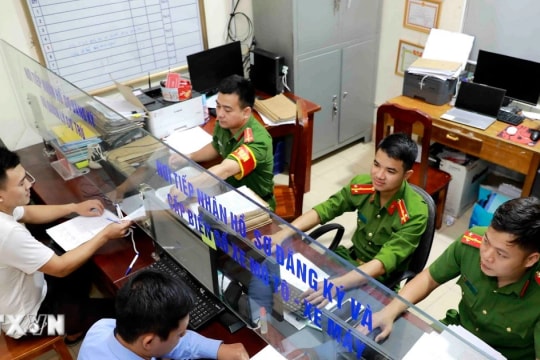The Prime Minister chaired the 8th meeting of the Steering Committee for Streamlining the Government Apparatus
On the afternoon of January 6, at the Government Headquarters, Prime Minister Pham Minh Chinh, Head of the Government's Steering Committee on "summarizing the implementation of Resolution No. 18-NQ/TW of the 12th Central Committee on continuing to innovate and streamline the political system's apparatus to be streamlined and operate effectively and efficiently" chaired the 8th meeting of the Steering Committee.
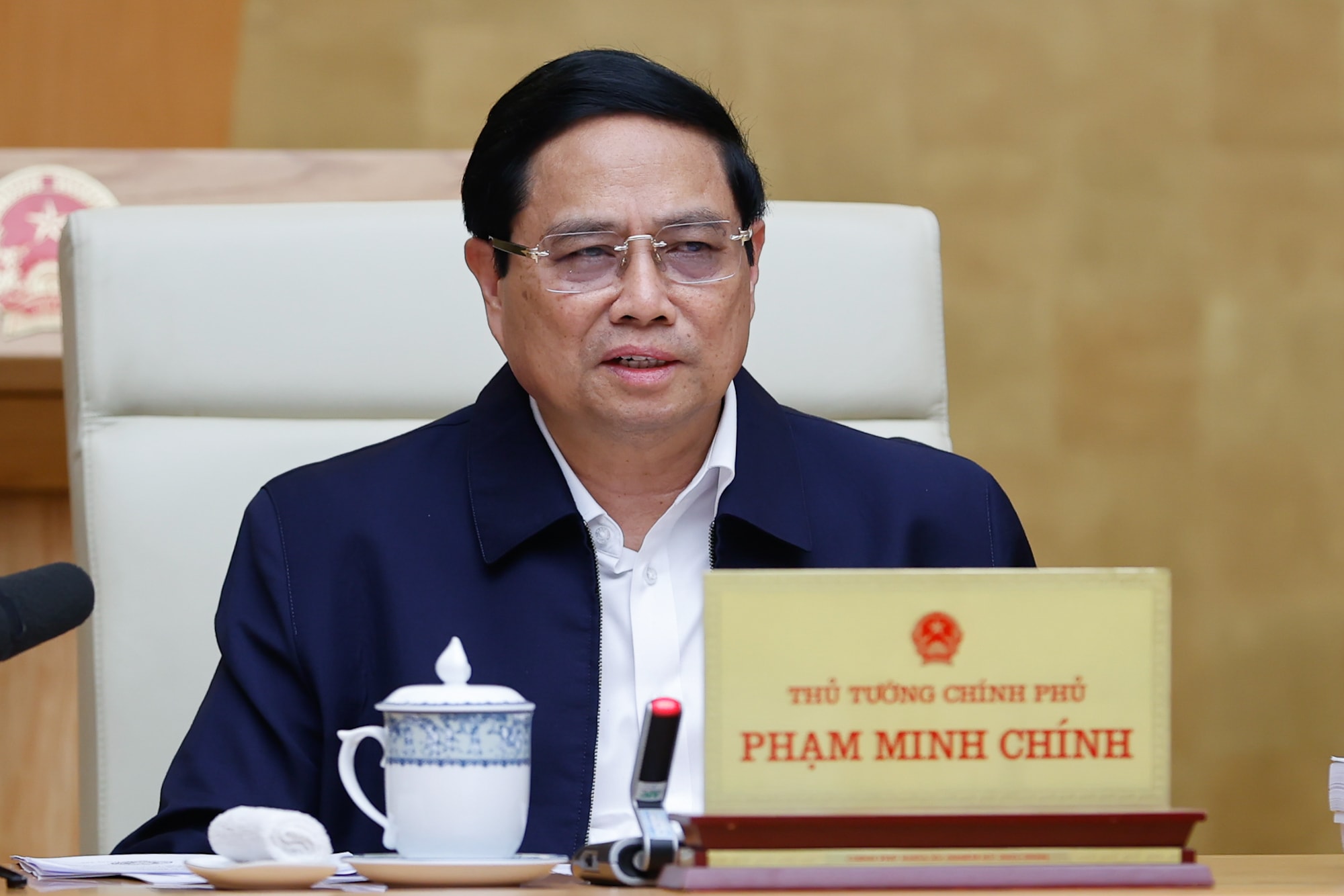
Also attending were Deputy Prime Ministers: Tran Hong Ha, Le Thanh Long, Ho Duc Phoc, Bui Thanh Son; Ministers who are members of the Steering Committee; leaders of the State Capital Management Committee at Enterprises and representatives of 19 State-owned corporations and groups currently under the management of the Committee.
The meeting focused on discussing the termination of the State Capital Management Committee at enterprises and the transfer of rights and responsibilities of State ownership representatives to 19 corporations and groups; and the arrangement and organization of the General Statistics Office.
After listening to opinions and concluding remarks, Prime Minister Pham Minh Chinh said that in the process of development, we have applied different models in the management of State enterprises and State capital management at enterprises suitable for each period. However, the current model still has limitations, partly due to the provisions of the Law on Management and Use of State Capital Invested in Production and Business at Enterprises (Law No. 69/2014/QH13). Therefore, it is necessary to continue to arrange and innovate in the direction of separating the tasks of State management and State capital management at enterprises.
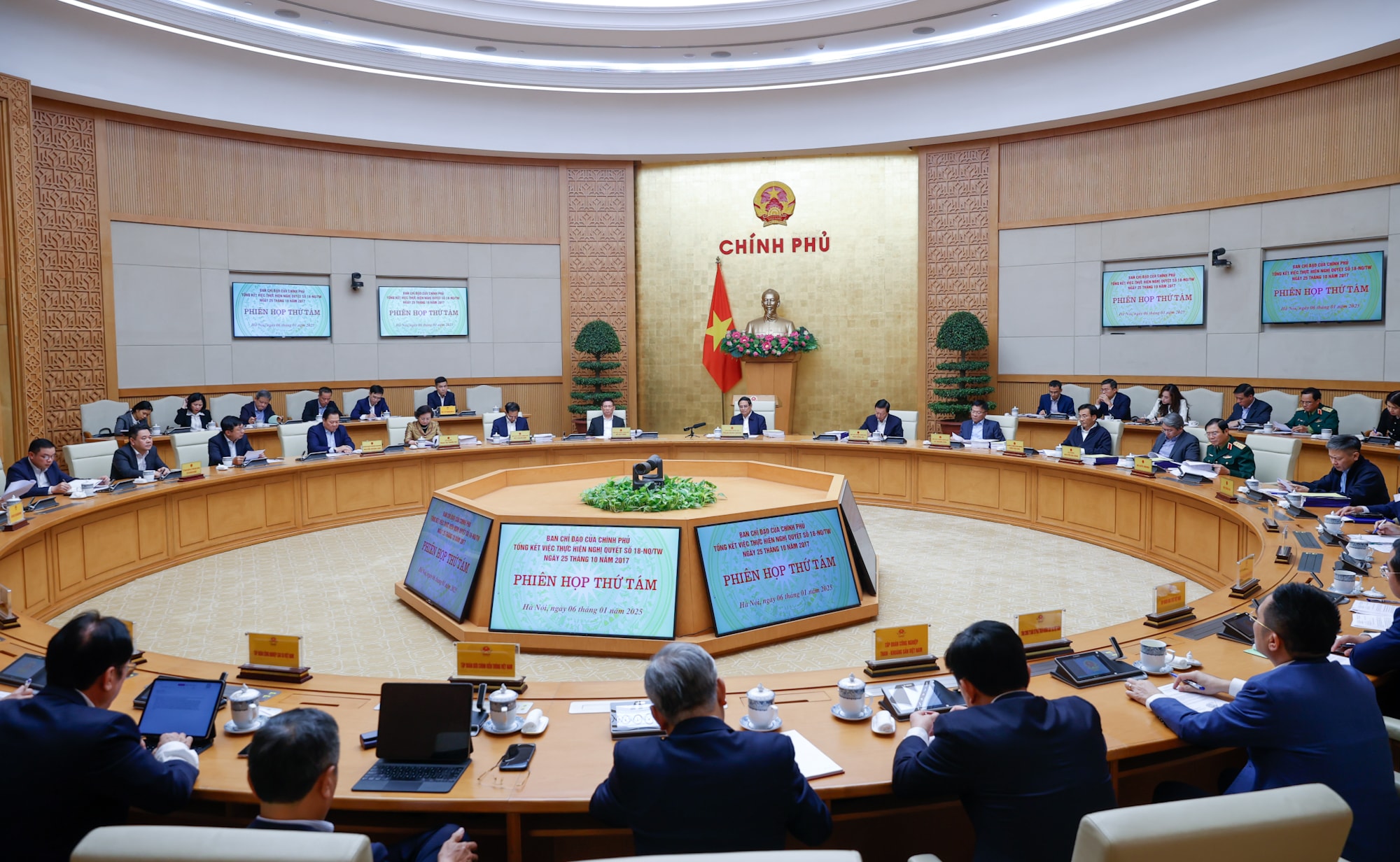
According to the Prime Minister, by 2025, the whole country will strive for economic growth of at least 8%, creating momentum for the next period of double-digit development. Therefore, ministries, branches, localities, units and enterprises must grow at least 8%; the arrangement of models and organizations with State corporations and groups must be in the spirit of "putting national interests first and foremost" so that State capital is best managed and best developed, serving the development of the country in the new period.
Regarding the plan to end the operation of the State Capital Management Committee at enterprises and the transfer of rights and responsibilities of the State ownership representative to 19 corporations and general companies, the Prime Minister emphasized that it is necessary to choose the most optimal option among possible options based on careful, thorough, objective, scientific consideration, suitable to the country's situation, to submit to competent authorities for consideration and decision.
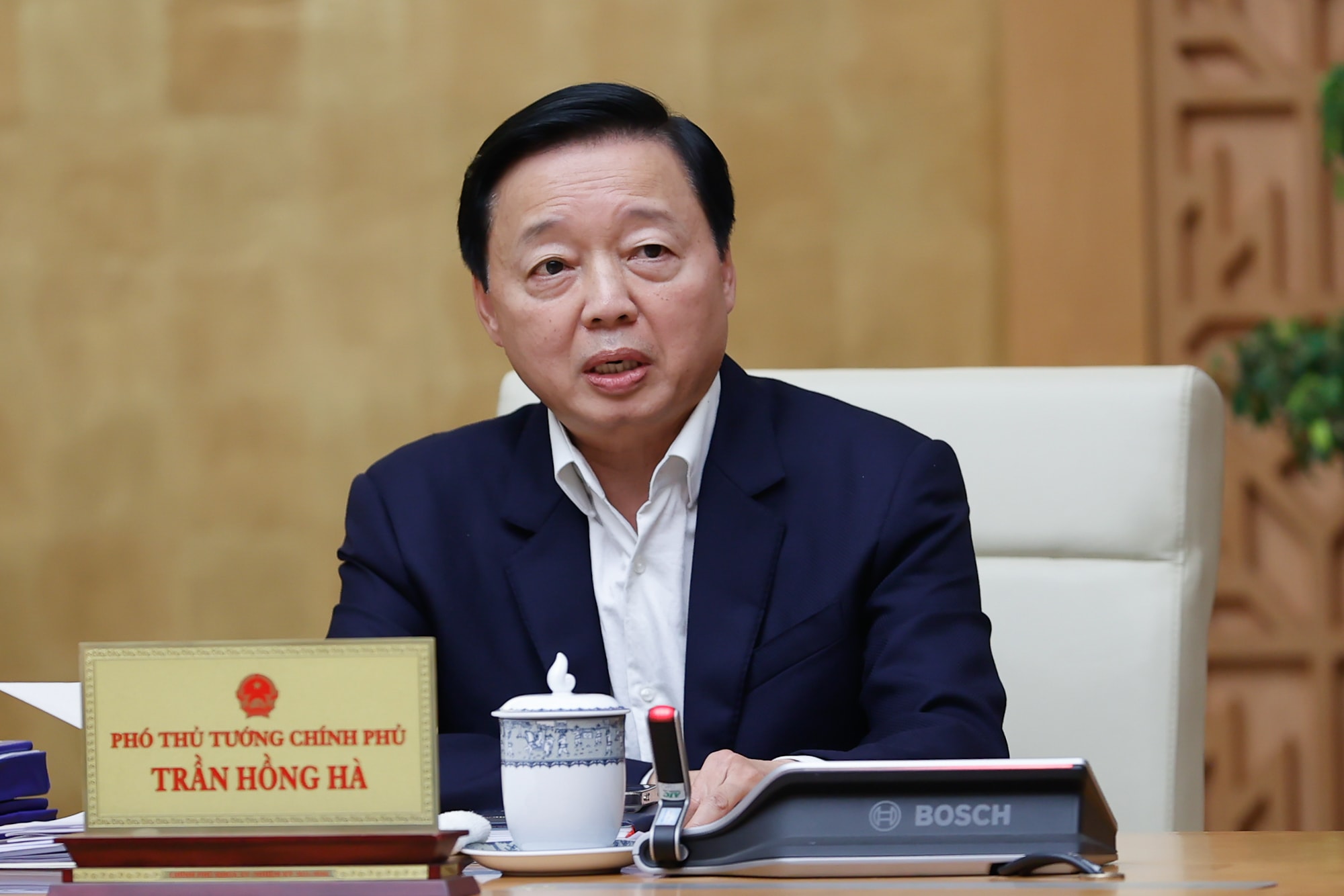
Emphasizing the most important issue is efficiency, truly for the common task, for the national and ethnic interests, for the development of the country, the Prime Minister said that for a number of corporations and general companies that perform the role of ensuring major balances and are assigned national strategic tasks, research and proposal of models are under the authority of the Government. At the same time, it is necessary to decentralize more power to enterprises, increase initiative, dynamism, creativity, self-reliance and self-reliance.
These contents are all related to the provisions of Law No. 69/2014/QH13. The Prime Minister requested the Ministry of Finance to urgently complete the draft Law on Management and Investment of State Capital in Enterprises to replace Law No. 69/2014/QH13 so that the Government can submit it to the National Assembly at the upcoming February session to resolve current bottlenecks and problems.
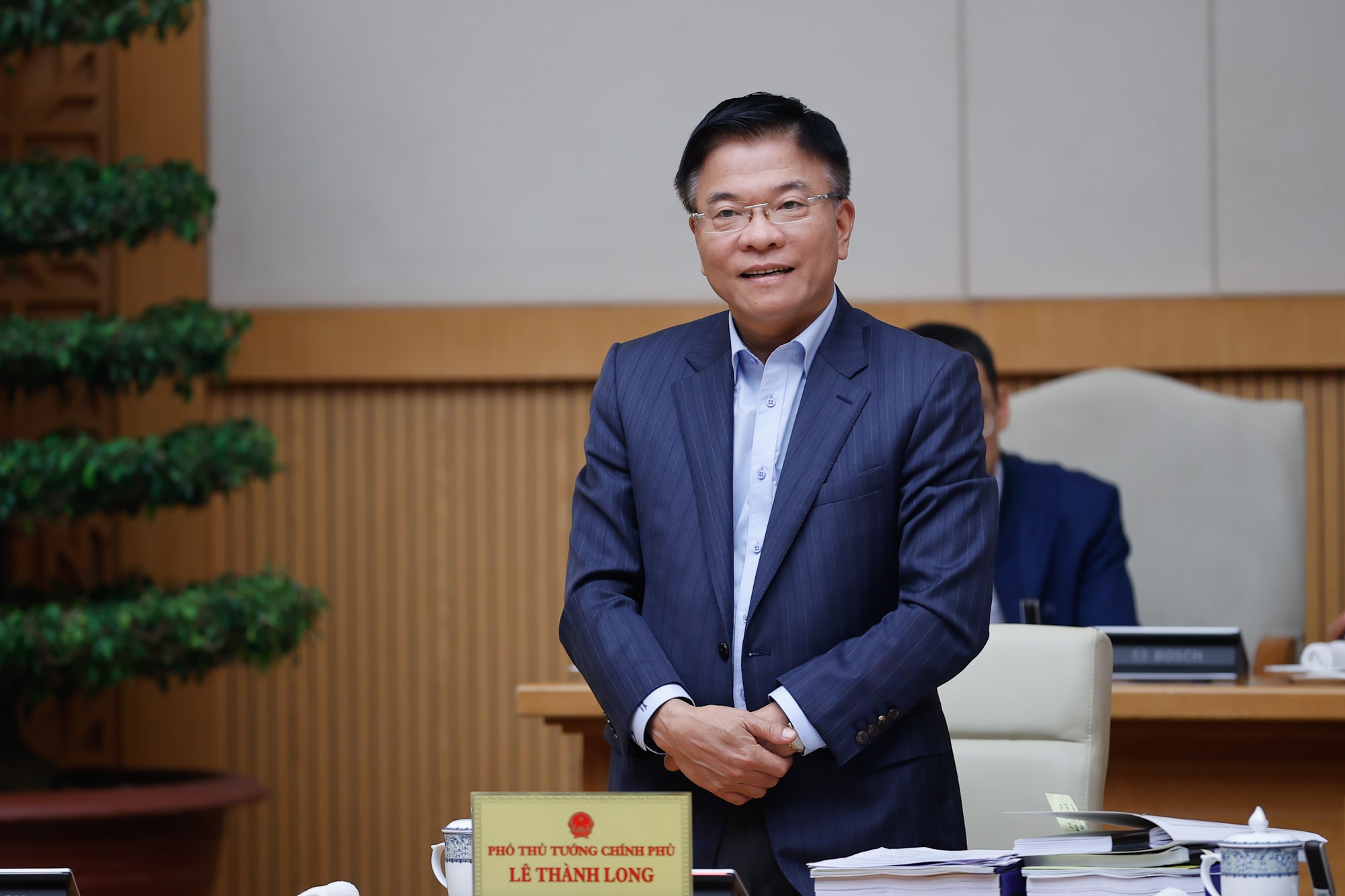
The Prime Minister also emphasized that the Government, ministries and branches perform State management tasks according to their functions, tasks and powers, focusing on developing plans, strategies, mechanisms, policies and legal corridors for business operations, and designing tools for monitoring and inspection.
The Prime Minister noted that personnel work at enterprises must comply with Party and State regulations, and the assessment of enterprise performance must be comprehensive.
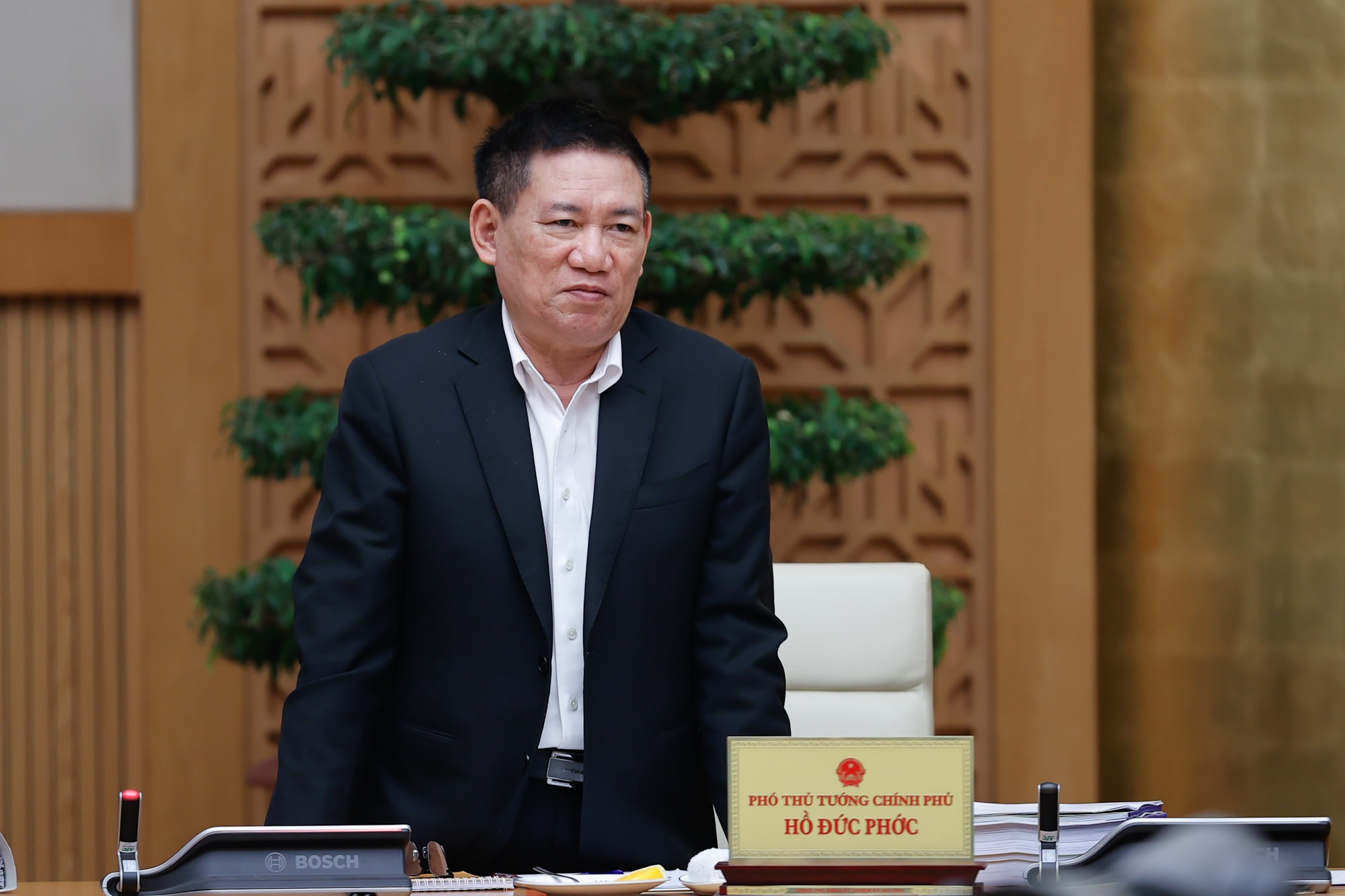
Regarding the statistical agency organization model, emphasizing the important role of the database in policy making and the requirement of not overlapping functions and tasks with other agencies, reducing intermediaries, reducing focal points, reducing administrative procedures, the Prime Minister requested to absorb the opinions of the Steering Committee members and based on political, legal and practical bases, refer to international models, carefully research, propose suitable models, and report to competent authorities for consideration.

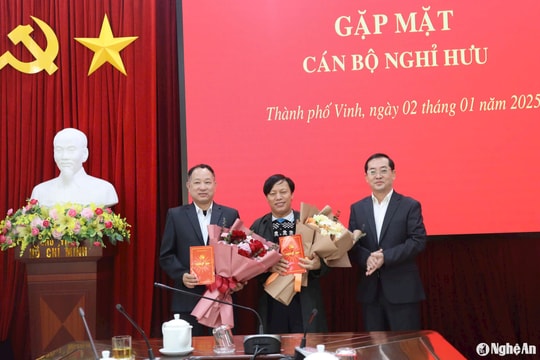
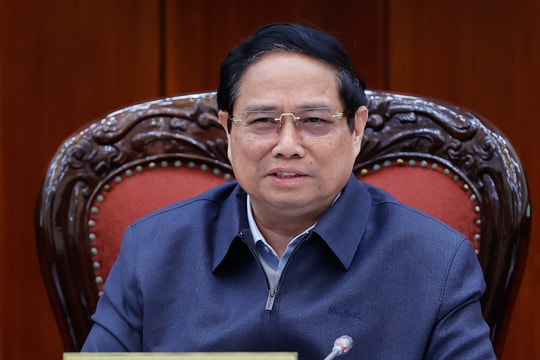
.jpg)
